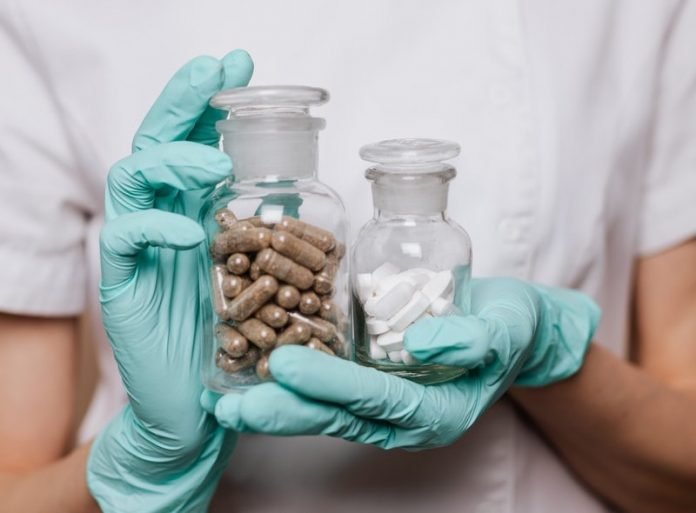
In a new study, researchers found a new approach to preventing blood clots, and thus more serious cardiovascular events like stroke was successful without causing major bleeding events.
The research was conducted by a team at Michigan Medicine.
In the study, the team delivered the new drug, which they call ML355, by combining it with synthetic high-density lipoprotein, or sHDL, for this proof-of-concept investigation.
First, they tested this in human blood, and then in mouse models. The combination allowed for more precision than most of the antithrombotics currently available.
They were able to potently and selectively target regions of inflammation and injury in the blood vessel in order to prevent blood clots and thrombosis from occurring.
The team says that it’s the only selective inhibitor to block the activation of 12-lipoxygenase in the human platelet and prevent blood clots from forming.
The millions of people with heart disease in the U.S. would benefit greatly from a lower-risk option to avoid thrombosis.
The team adds that this discovery was successfully translated from the identification of a critical target in the platelet regulating thrombosis to clinical trials, recently receiving orphan drug designation from the U.S. Food and Drug Administration for prophylactic treatment of heparin-induced thrombocytopenia (HIT).
The FDA approved the Investigational New Drug application, and ML355 will begin clinical trials for novel treatment of patients suspected of HIT in March.
One author of the study is Michael Holinstat, Ph.D., an associate professor of pharmacology, internal medicine and surgery at Michigan Medicine.
The study is published in Science Advances.
Copyright © 2021 Knowridge Science Report. All rights reserved.



